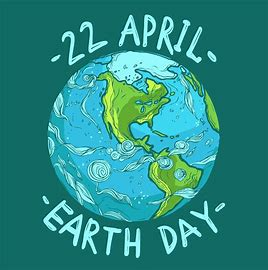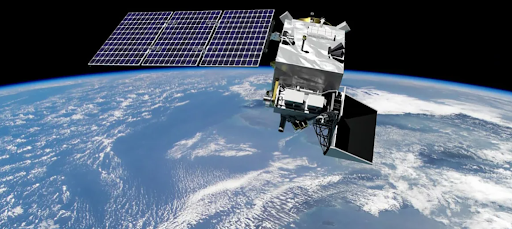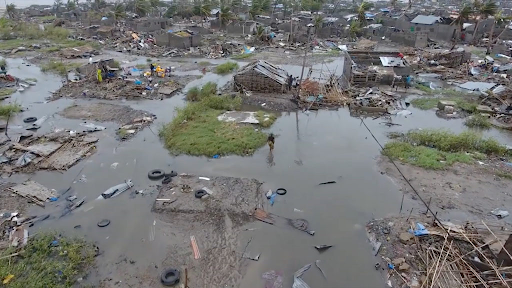Are Hurricanes Harvey and Irma Caused By Global Warming?
Despite the overwhelming majority of climate scientists believing in the presence of global warming, many Americans refuse to accept the evidence. 97% of scientists who have published research papers on climate believe that the earth is warming, and that human activity has contributed to this change. However, only 71% of Americans agree with the scientists, with the remaining believing that even if there is a warming trend, it is not caused by humans (Gallup poll. March 14, 2017).
Climate change skeptics question the validity of the science, and develop conspiracy theories to argue their positions. Donald Trump may have empowered some of these doubters, especially with his nonconformist positions that contradict scientists and foreign leaders. Trump has withdrawn the United States from the Paris Climate Agreement, where 196 nations decided to try to mitigate global warming by reducing green house gas emissions. United States joined Syria and Nicaragua as the only nations in the world not participating in the united world effort to combat global warming.
Shortly after Hurricane Harvey devastated Houston in late August, Irma was predicted to land in Florida, an unprecedented second major hurricane of a single season. Climate change skeptics, including conservative radio talk show host Rush Limbaugh, were afraid that people might equate the unusual size and frequency of these natural disasters as evidence for global warming. As Irma was approaching Florida, Limbaugh suggested that the liberal “fake news” media was trying to scare the public in order to increase TV ratings and promote climate science. He also suggested the panic had financial rewards for opportunists who wanted to sell bottle water to the gullible public.
Following the passage of Hurricanes Harvey and Irma, that caused tremendous damage to Houston and Florida, Trump tried to silence his critics by stating that he has not altered his opinion on climate change. He claimed, “we did have two horrific storms…but if you go back into the ‘30’s and ‘40’s, and you go back into the teens, you’ll see storms that were very similar and even bigger, okay?” Members of the media argued that Irma was the one of the most intense hurricanes ever recorded over the Atlantic Ocean, and Harvey brought the most amount of rain to the continental United Stated in recorded history. Proponents of climate change maintained that convergence of these two catastrophes within several weeks should alarm any doubters. So who is correct?
Using isolated events to argue a scientific theory is wrong. Science is an intellectual activity based on the collection of large sets of data and observations, validated by experimentation and peer-based review. Anecdotal occurrences should not be used to promote or dispute science. Whether Trump’s assertion that there were bigger storms 100 years ago, or whether a single storm is the strongest on record, should be irrelevant.
So what do scientists believe? The overwhelming evidence shows that the earth’s temperature is increasing. The higher ocean temperatures that result from global warming are believed to give increased power to hurricanes. In addition, the warmer atmosphere can retain more moisture, resulting in greater rainfalls. The science is clear. As global warming continues, stronger hurricanes are inevitable. Two isolated events may steer the public into looking at the science, but should not be used to validate the science. If by chance, the next several years are devoid of hurricanes, the public should not be deterred from believing in the presence of climate change.









